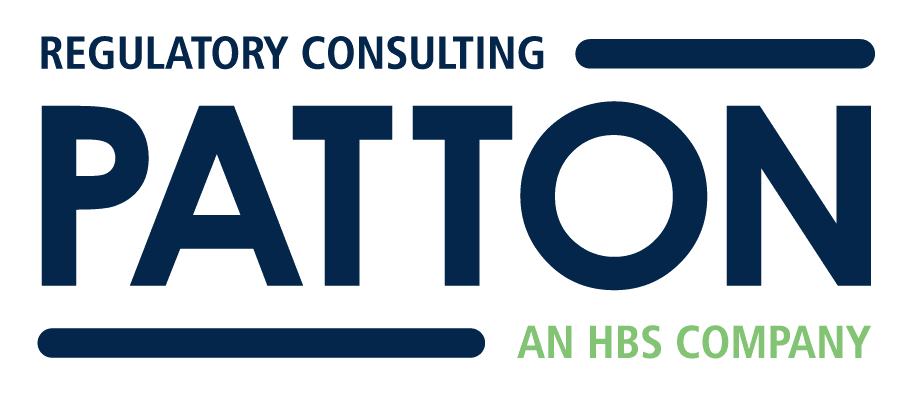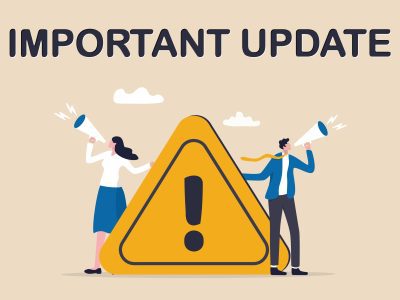The Joint Commission (TJC) recently announced significant updates to their manuals for hospitals and critical access hospitals, effective January 1, 2026. This includes a consolidation of elements of performance into a streamlined 146-page hospital manual, new terminology (such as replacing “National Patient Safety Goals” (NPSG) with “National Performance Goals”), and the introduction of new crosswalks. In addition, TJC has released a 629-page Survey Process Guide, formerly known as the Survey Activity Guide.
These changes represent a substantial shift in how regulatory compliance will be managed in healthcare organizations. With all these updates, it’s crucial to prepare for what’s coming. Here’s a summary of what’s new, and some steps you can take to ensure your organization is ready for the 2026 transition.
Key Changes:
- New Manuals and Terminology:
- Hospital Manual: TJC has consolidated elements of performance into a 146-page manual that now includes new terminology like “National Performance Goals” in place of NPSGs.
- Survey Process Guide: The updated 629-page Survey Process Guide replaces the old Survey Activity Guide and introduces a variety of changes in the survey methodology.
- Crosswalks: New crosswalks to CMS requirements and a mapping of where specific requirements have moved.
- Distinct Psychiatric Unit Crosswalk: If you operate a distinct part psychiatric unit, be sure to download that specific crosswalk too.
How to Prepare for January 2026:
With so many updates and changes, it’s essential to take a strategic approach to ensure compliance and smooth transitions. We recommend the following steps to prepare for the new TJC requirements:
- Download Key Documents:
- The New Standards: Ensure you download the full set of new standards and the crosswalks to CMS requirements.
- Survey Process Guide: This comprehensive guide will be crucial in understanding the new survey activities and requirements.
- Crosswalk of Where Things Moved: This is especially important for understanding any significant shifts in regulations and their impact.
- Psychiatric Unit Crosswalk:
- If you have a distinct part psychiatric unit, be sure to download the psychiatric-specific crosswalk as well.
- Don’t Assume Loosening of Requirements:
- Avoid assuming that the regulatory environment will become “looser.” Some regulations may appear to be deleted but may have simply been moved or renamed. Ensure you verify each requirement before discontinuing current practices.
- Distribute and Solicit Feedback:
- Distribute New Materials to Chapter Leads and SMEs: Share the updated documents with chapter leads or subject matter experts (SMEs) for thorough written feedback.
- Review CMS References: Ask chapter leads or SMEs to review CMS references to identify any areas where your practices may need refinement based on the new guidelines.
- Analyze Tracer Tools:
- Review Tracer Tools in the Survey Process Guide: Have your chapter leads or SMEs analyze the tracer tools in the new Survey Process Guide to pinpoint any potential vulnerabilities or areas of concern.
- Stay Informed:
- Sign Up for TJC Webinars: TJC plans to host webinars to explain these changes in greater detail. Be sure to register for these webinars to stay updated.
- Schedule Meetings for Analysis:
- Meet to Present Vulnerabilities and Opportunities: Schedule meetings with chapter leads and SMEs to present their analysis of the new regulations. Focus on identifying any vulnerabilities, changes in emphasis, or opportunities where existing requirements may have been streamlined.
Final Thoughts:
The new TJC updates and survey changes will require significant analysis and preparation. By taking proactive steps now, your organization will be better equipped to navigate these changes and ensure continued compliance. Stay informed, collaborate across departments, and don’t assume that previous compliance efforts no longer apply until verified.
Patton Healthcare Consulting
We serve more than 400 hospitals, behavioral health care organizations, ambulatory clinics and home care companies nationwide—hospitals ranging from critical access hospitals to the largest health systems. Contact us at (888) PHC-INC1 if we can assist.



Leave a Reply